May is Mental Health Awareness Month and it is a topic that is often overlooked in early childhood education. At Hillside, we believe that talking about mental health, prioritizing it, and learning how to recognize and address feelings, will support children in becoming active and engaged learners.
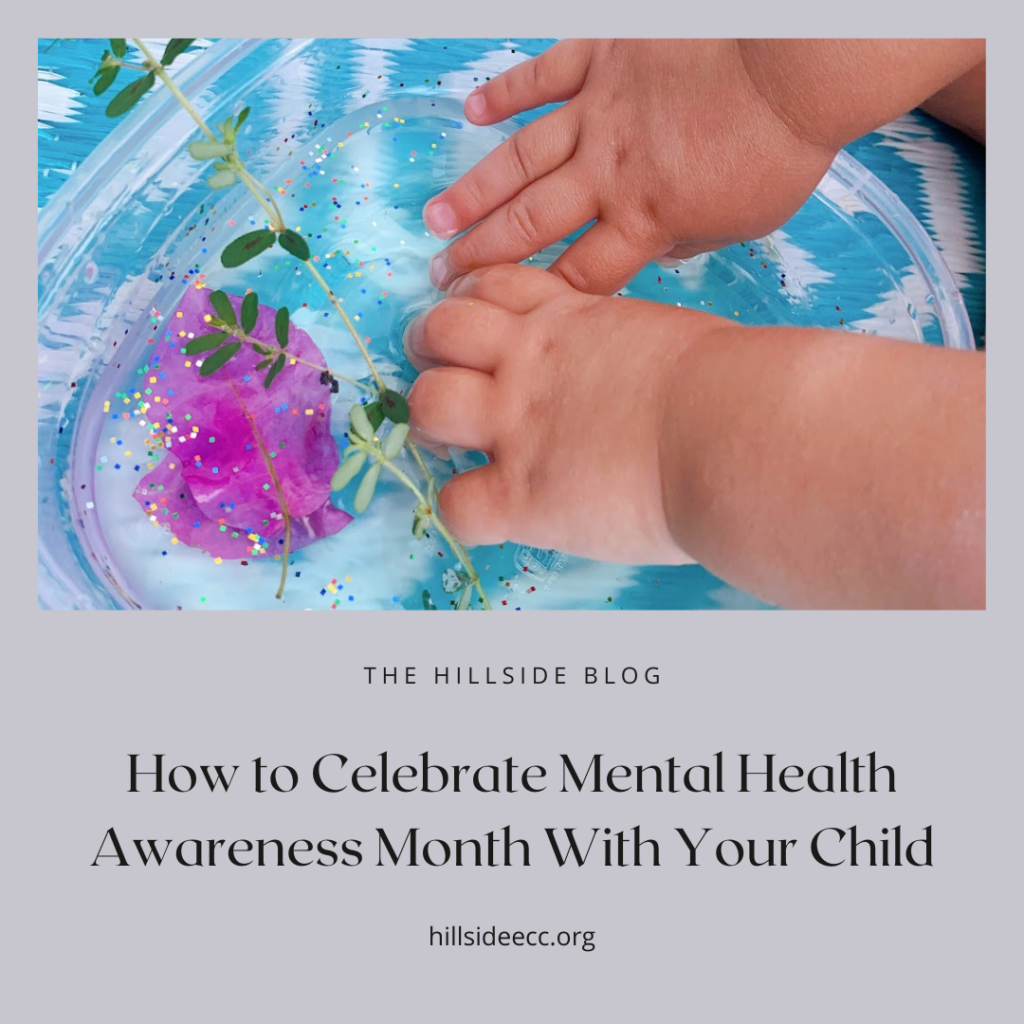
Why is talking about mental health important?
First of all, what is mental health? In this post, we are using the following definition from the Centers for Disease Control and Prevention. “Mental health includes our emotional, psychological, and social well-being. It affects how we think, feel, and act. It also helps determine how we handle stress, relate to others, and make healthy choices.“
We believe that every child deserves to be seen and heard for who they are as an individual. It is truly never too early to model being open and transparent about feelings, and support children in finding coping mechanisms as they encounter new and difficult struggles. Children who are in environment where they are able to recognize and understand their feelings have a better time at persisting and coping when things are difficult. All children are sad, angry, confused, or agitated at times and it is our job as caregivers to support them through these big emotions.
How can we put this information into practice?
Being mindful and prioritizing mental health is not something that comes innately, and like any other skill, it is something that needs to be practiced over time. Social-emotional education and play starts at infancy.
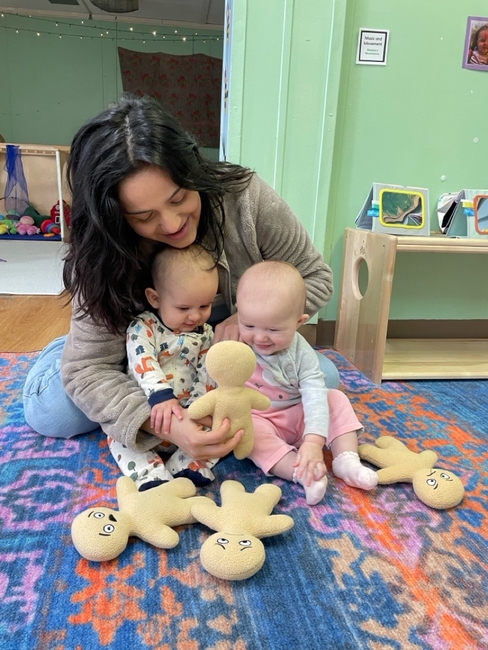
Activities to do with your infant and toddler:
-Focus on articulating feelings and give them the words to describe what they are feeling. (Example: “I hear you crying. You are hungry and feeling frustrated that your bottle is not ready yet. It can be hard to wait.”) Give them the language and as they learn to communicate, support them in saying what they are feeling.
-Set time aside during the day for low-stress, less stimulating activities. Give time to let your child be present and calm in the moment.
-As they learn new skills, be a safe place for successes and failures. Model, try together, and allow your child to practice.
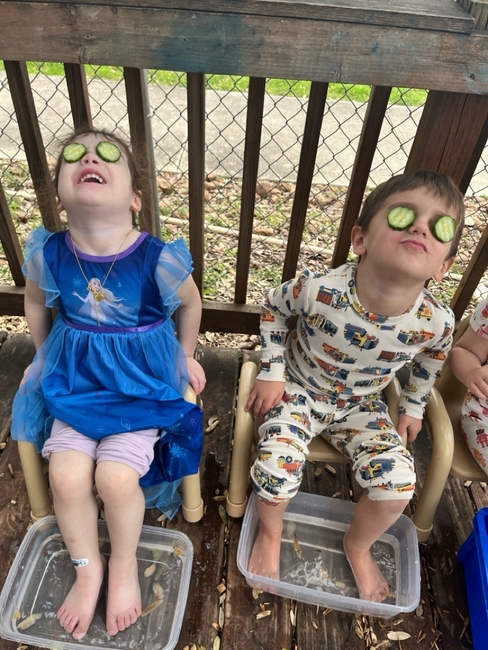
Activities to do with your preschooler:
-Establish a self-care routine. The goal of this is to support children in learning how to be mindful about what makes them feel happy, centered, and relaxed. Whether it’s a special soap at bath time or a fancy hair brush, encourage children to take time for themselves.
-Encourage healthy self-expression, such as journaling or drawing.
-Support them in finding their coping skills. Do they need space when frustrated? Do they need a hug?
-Continue to nourish their body. As children get older, support them in making healthy decisions (eating a balanced diet; sleeping well at night) to set them up for the most success during the day.
What does this look like in a play-based classroom?
–We focus on creating a feeling of belonging. Some of the ways we do this are: having photos of the families displayed in the classroom; having photos of the children and their art displayed at their level; greeting every child at morning meeting and sending well wishes to those who are not present; having room jobs in our preschool classrooms.
–We role-model in our play and in our language. We support children in identifying and articulating their feelings, and we do the same with ours. We practice talking about these things as we play with the children in one-on-one and small group settings.
–We have cozy peace corners in every classroom. In these designated quiet areas, we have multiple tools for children to use to center themselves, such as emotion photos and sensory fidget toys.
–We talk about our feelings.. all the time! We set aside time for check ins at morning meeting, during one-on-one interactions, and through play.
–We have self-care days and weeks where caring for ourselves, our friends, our teachers, and our school are the entire focus.
–We engage with the senses. We provide a variety of opportunities during the day for children to connect more deeply with materials.
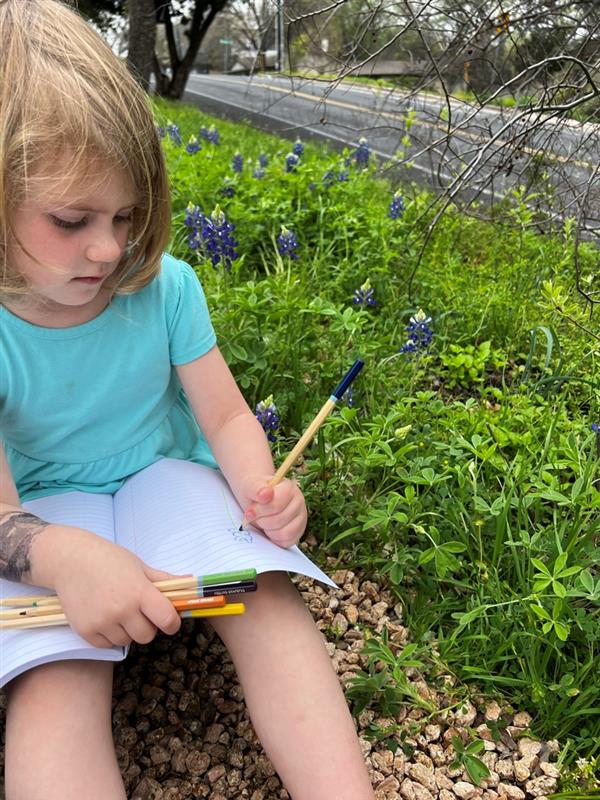
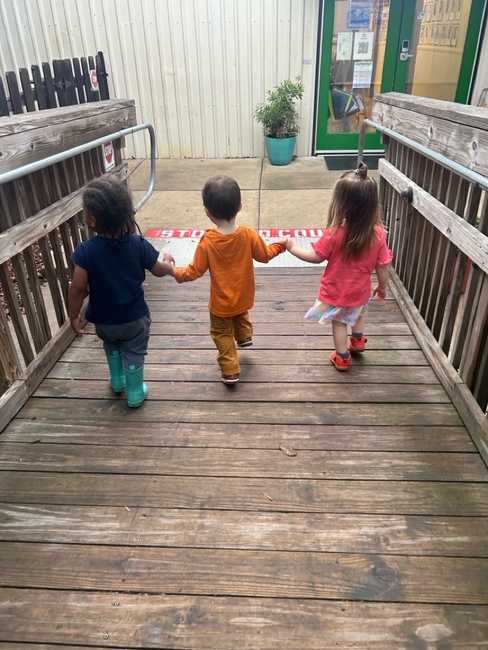
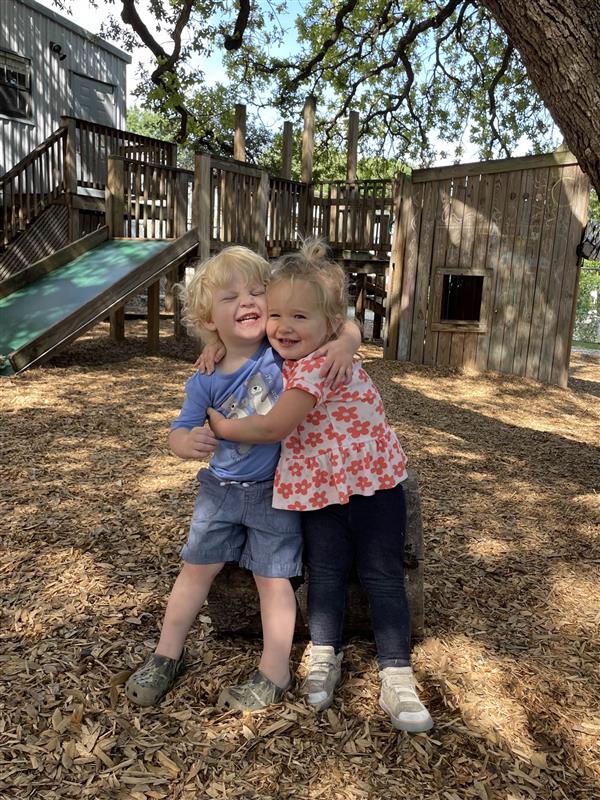
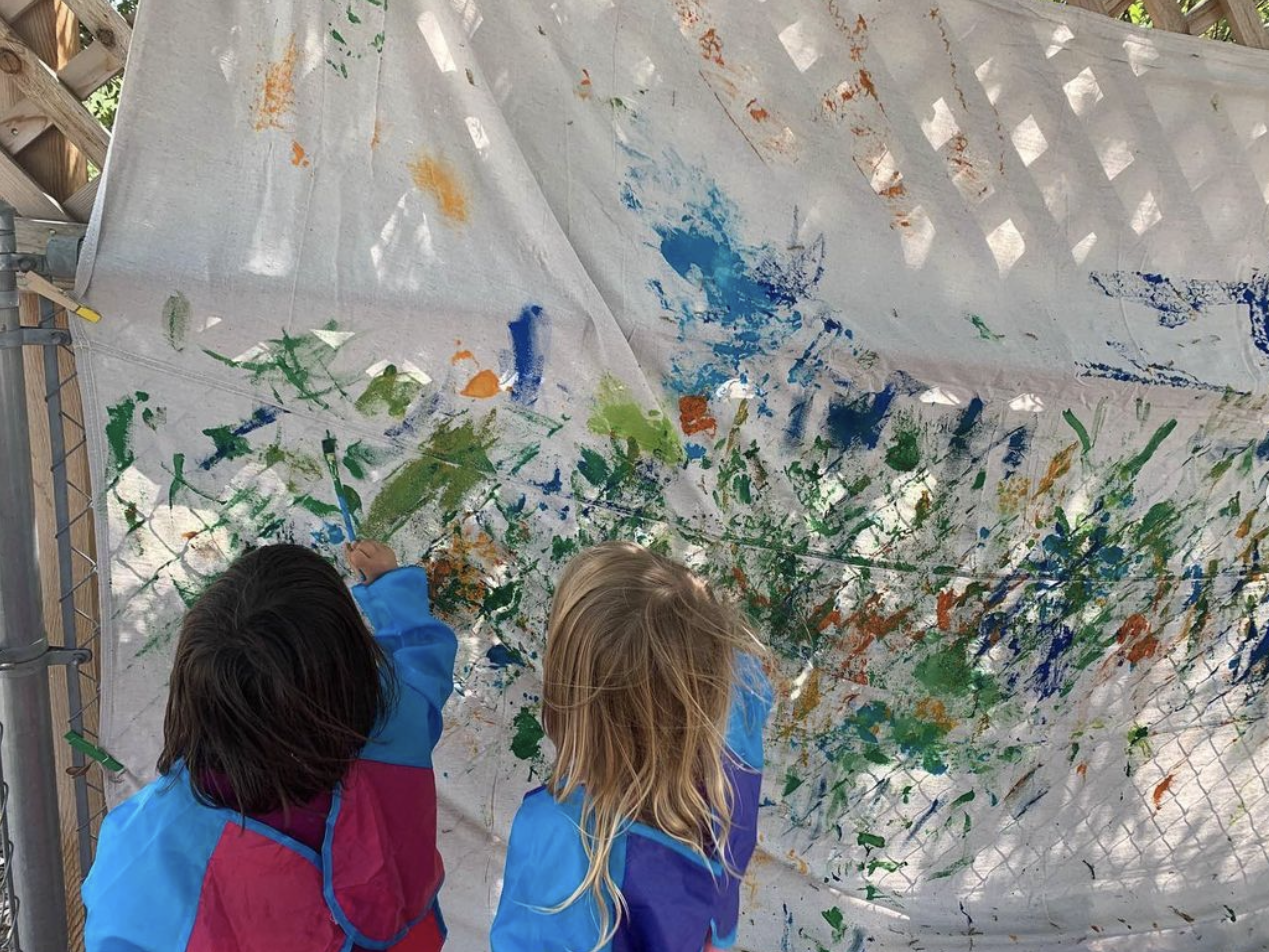
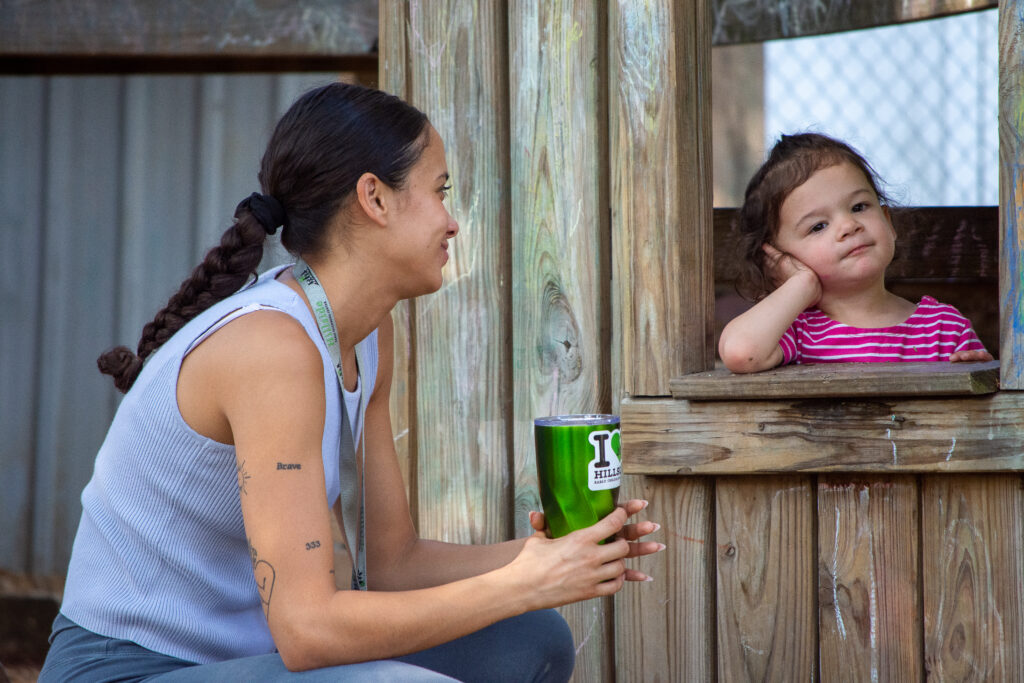
Getting Support
If you are concerned about your child’s mental health, please visit the following resources and reach out to your child’s pediatrician.
National Institute of Mental Health: https://www.nimh.nih.gov/health/publications/children-and-mental-health
Centers for Disease Control and Prevention: https://www.cdc.gov/childrensmentalhealth/basics.html#:~:text=Without%20early%20diagnosis%20and%20treatment,that%20can%20continue%20into%20adulthood.